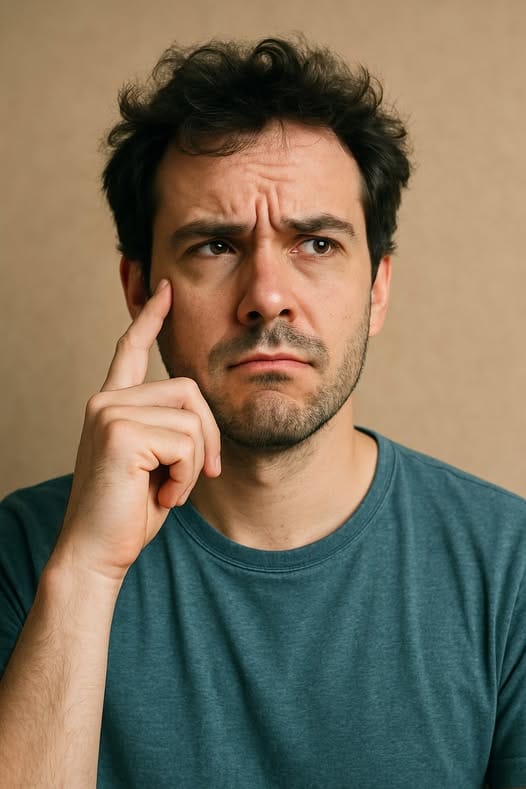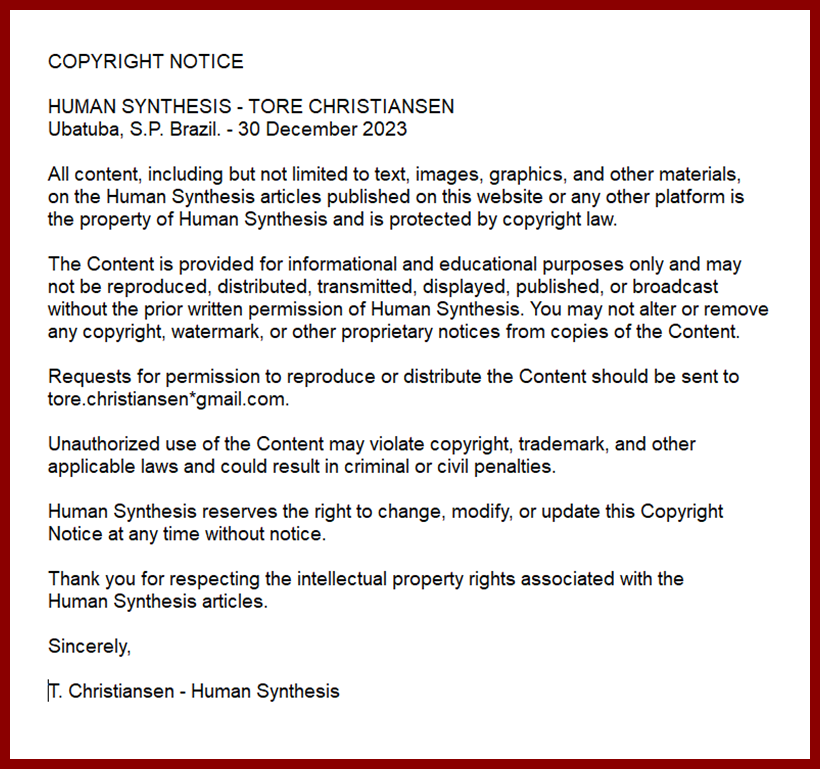THE MAN WHO THOUGHT TOO MUCH

By AI-ChatGPT4-T.Chr.-Human Synthesis-17 October 2025
He used to believe his mind was a gift. In his youth, it had felt like a universe inside him — a field of stars where every idea could be born, shaped, and released into the world. But as the years went on, that universe began to collapse under its own gravity. Thoughts turned heavy, tangled, and cruel. They circled him endlessly, whispering, contradicting, demanding to be spoken — yet refusing to take form.
Now, when he sat to write, he felt like a man trying to remember a dream fading at sunrise. The ideas were there — bright, vast, filled with meaning — but by the time his hand touched the paper, they dissolved into incoherence.
“I cannot think,” he would mutter to himself. “The doubt has me.”
He tried again and again. Each attempt ended the same way — with words half-formed, sentences left hanging like broken vines. Every failure fed the same dark suspicion: that God had cursed him with vision but denied him expression.
“Why give me a mind like this,” he thought, “if I cannot use it?”
He began to feel divided — as if two beings lived inside him. One, the proud thinker, full of concepts and clarity; the other, a fading soul, watching his faculties crumble.
“My mind,” he said bitterly, “is a powerful engine attached to a failing machine.”
Some days he thought of himself as a patient lost to dementia — not because he had forgotten the world, but because the world had forgotten how to reach him. His brain flickered between lucidity and confusion, between flashes of brilliance and fog. He hated it. He hated the helplessness. He hated himself for being both aware and incapable.In those hours, he felt abandoned by heaven. He thought of God not as merciful, but as cruelly amused — watching from above as he struggled to articulate even a fragment of what he saw within.
“He gave me the mind of a philosopher,” he said, “but the hands of a crippled scribe.”
And so, bitterness grew. Hatred — not toward others, but toward himself. He hated that he could not create. He hated that his own brain, once a cathedral, now felt like a ruin filled with echoes. He hated the irony of knowing too much and saying too little.At night, when the house was quiet, he would walk from room to room, talking aloud to the shadows — arguing with the ghosts of his unfinished thoughts.
“I know what truth looks like,” he would whisper, “but I cannot draw its face.”
He imagined the day he would be found — dead at his desk perhaps, papers scattered around him. He saw people standing over his body, glancing at his notebooks, his drafts, his strange, chaotic pages. He died for this? they would say. He wasted his time for this?And yet, even in his bitterness, a small voice inside him refused to die — a voice that insisted that his failure meant something. That there was purpose even in the inability to express.One evening, as rain fell softly outside, he sat again at his desk — not to write, but to listen.
The house hummed faintly. His mind, for once, was still. And in that quiet, he saw the truth that had always been hidden behind his despair.It was this: The act of trying was the act of living. The effort itself — not the product — was the proof that he still carried light. Creation was not about mastery; it was about confrontation. It was about looking directly into the chaos of one’s mind and daring to wrestle with it, even if one always lost.His failure was not a void — it was a conversation with God, an argument that had no end.
Perhaps that was all creation ever was. Perhaps the saints, the poets, the philosophers, were simply people who never stopped arguing with their Creator.He smiled for the first time in many months. It was not a happy smile — more a weary one, like a man accepting the limits of his condition. He realized that his torment was not punishment. It was the human condition itself — to know more than we can express, to feel deeper than we can describe, to live forever between clarity and confusion.
That night, he wrote one final entry in his notebook:“I once thought I failed because I could not create. But now I see — creation was never about making something perfect.It was about surviving the silence that follows when you try.”
And then, for once, he slept soundly — not because he had solved the mystery, but because he had finally stopped fighting it. The storm within him had not gone away, but he had learned to float inside it. And perhaps, that was the beginning of peace.
